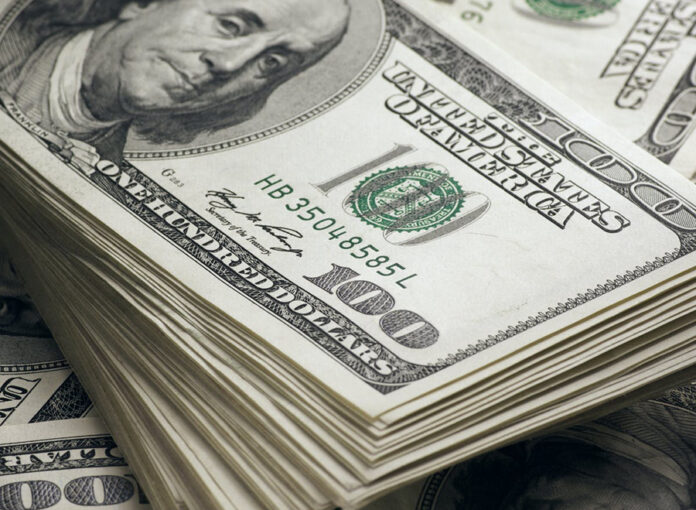The ongoing segmentation of Nigerian foreign exchange (forex) market has pushed between 55 to 60 per cent of forex transactions to the Investors and Exporters window (IEFX).
In its June Economic Report released at the weekend, Managing Director, Financial Derivatives Company Limited, Bismarck Rewane, said the Nigerian forex market is segmented with multiple exchange rates at play.
The most important rate, he said, is the Investors and Exporters window (IEFX) where no less than 55 per cent to 60 per cent of Nigerian forex transactions are traded at this window.
According to Rewane, the CBN and most exporters and investors use this window as it serves as not only a source of price discovery but also a barometer for measuring potential and actual CBN intervention in the market.
“Some of the exchange rate determinants are balance of payments, capital inflows and trade balance,” he said.
According to the report, analysis of the forex market movement showed that at the parallel market, the naira depreciated by 1.41 per cent from N498/$ on June 1 to a high of N505/$ on June 15th. This occurred in spite of the increase in the average daily turnover by 29.16 per cent to $149.31 million from $115.60 million in May.
“The depreciation of the parallel market rate is driven by speculative activities. The currency however traded flat at N420/$ at the IATA rate of exchange while it hovered around N410.8/$ and N412/$ at the IEFX window,” he added.
Rewane predicted the exchange rate to trade at current levels at the parallel market in the near term on speculative trading
On the impact of the currency depreciation on the economy, he said the fall in naira exchange rate would boost Nigeria’s export earnings and would remain positive for the country’s trade balance.
On the foreign reserves, he said Nigeria’s gross external reserves fell below the $34 billion threshold to $33.85 billion on June 15th from $34.51 billion at the end of the first half of May.
“This occurred despite higher oil prices ($74pb) and could be partly attributed to the increase in the CBN’s forex sales to banks. The level of import and payments cover is down to 8.31months from 8.47months on May 14th,” he said.
On the outlook he said: “We expect the external reserves to decline further towards $33 billion in the near term due to the lingering backlog of unmet forex demand. However, higher oil prices will slow the pace of depletion of the external re- serves. Falling external reserves reduce the CBN’s ability to support the naira”.



